





Algas: 6 reasons for inclusion in a diet
For residents of the countries of Southeast Asia various algas are an obligatory component of a daily diet. Their popularity is connected not only with high tastes, but also with numerous curative properties.
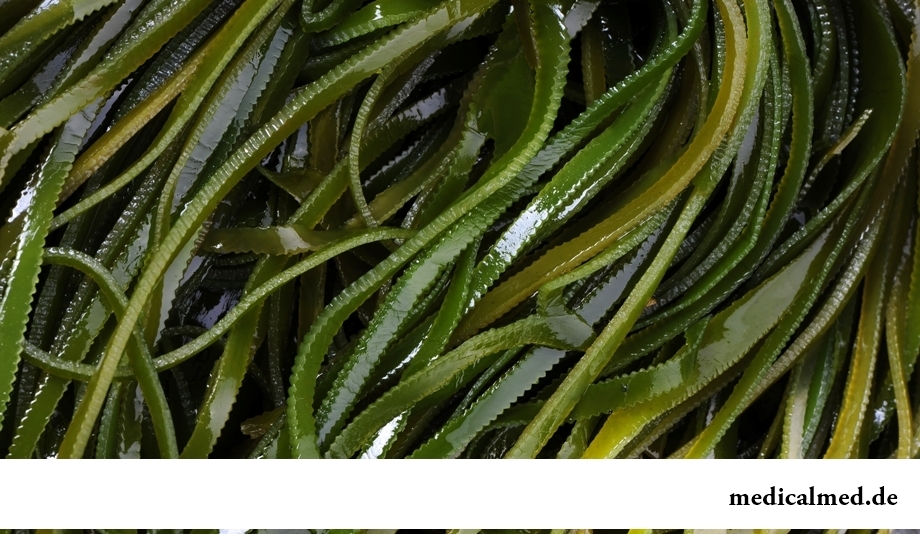
Russians are a little familiar with products such that is distressing: algas are so useful that they should be eaten as often as possible. Let's get acquainted closer with useful properties of this seafood.
Improvement of work of intestines
A large amount of fucoxanthin enters into structure red (a chain pump and an agag-agar) and brown (a laminaria and a vakama) seaweed. This pigment, getting into digestive tract, promotes the accelerated conclusion of fats from it. Besides, the majority of seaweed contain alginate which protects a mucous membrane of intestines and a stomach from damages, preventing development of gastritis and a peptic ulcer.
Seaweed of all types are rich with the cellulose necessary for the correct functioning of intestines.
Immunity strengthening
The daily use of seaweed, revitalizing intestines, promotes creation of conditions for the strengthened reproduction of useful microflora. It positively influences a condition of immune system. Besides, sea plants contain the substances activating development of the leukocytes performing protective function in an organism.
Normalization of arterial pressure
Algas are rich polyunsaturated an omega-3 with fatty acids. Regular inclusion of these plants in a diet promotes improvement of composition of blood, reduces risk of development of cardiovascular pathologies, normalizes arterial pressure. Not without reason in the countries which population constantly eats seaweed, percent of such diseases as a stroke and a myocardial infarction, below, than on average on the world.
Regulation of level of women's hormones
It is proved that the habit to the use of seaweed helps to normalize estrogen level in blood. Considering that excess of this hormone increases risk of development of malignant new growths of a mammary gland and ovaries, inclusion of such products as a laminaria and a chain pump in a diet is desirable for each woman. Special attention to seaweed should be paid as approaching a menopause.
Maintenance of health of a thyroid gland
All algas are rich with iodine which is necessary for normal functioning of a thyroid gland. Disturbance of work of this body leads to such troubles as obesity, frustration of a cordial rhythm, a problem with reproductive system. The lack of iodine of an organism has an adverse effect on physical and intellectual development of children.
The population of the majority of the developed countries eats the table salt enriched with iodine. However, receiving this microelement from algas, the organism acquires it more effectively.
Conclusion of toxins from an organism
Red and brown seaweed contain фукоидан which has property to bring toxins out of an organism (including cancerogenic). The chlorella and a spirulina relating to subspecies of cabbage-weeds are extremely rich with a chlorophyll. This substance perfectly purifies blood of harmful decomposition products, reduces cholesterol level.
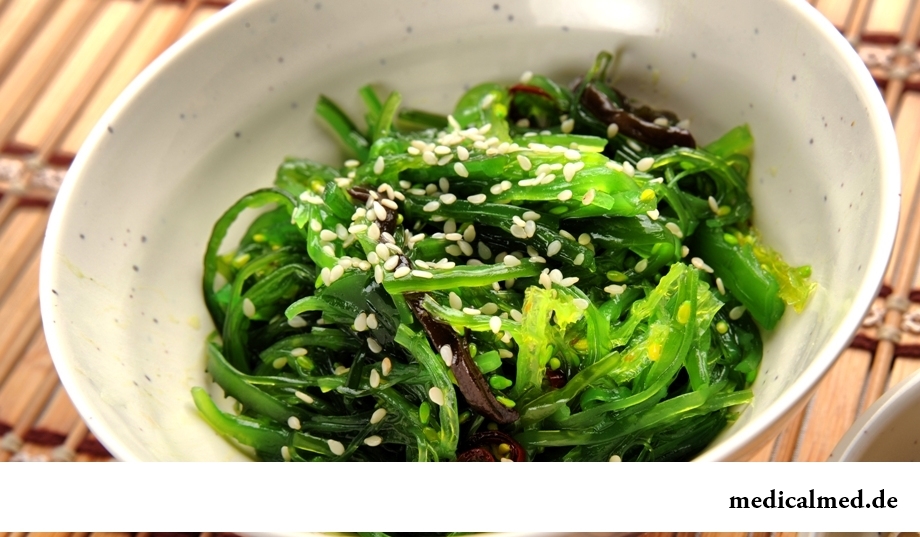
Other useful properties
Merits of algas are extremely various. For example, the spirulina is rich with valuable amino acids which consumption promotes accumulation of muscle bulk that does it very demanded in sports food. Lavers contain iron and protein in such ratio that can quite compete to meat, and in the countries of the East they are often used by the people who decided to refuse animal food. The alga of a chain pump is widely applied not only at production of sushi and beaters, but also in cosmetics as a component of the masks which are perfectly tightening and refreshing skin.
The use at least 30 g of seaweed not less than three weekly helps to improve significantly health, tones up, increases working capacity.
Absolute contraindication to the use of algas in food are allergic reactions to seafood and intolerance of iodine. It is worth being careful to pregnant women and the feeding mothers: active connections of microelements with which these products are rich are capable to break a placental barrier and to get into breast milk that can influence health of kids. It is not necessary to give seaweed to children up to three years. The people having diseases of kidneys, problems with endocrine system and some types of skin diseases before inclusion of such products in a diet have to consult to the doctor.
One nuance is important: seaweed quickly absorb and accumulate various toxins, including the salts of heavy metals which are contained in sea water. Therefore such products should be got only in the checked outlets guaranteeing preliminary check of safety and high quality of goods.
During life the average person develops neither more nor less two big pools of saliva.

Life of the modern child is extremely active and difficult. Information strain which is experienced by the school student and did not dream the pupil...
Section: Articles about health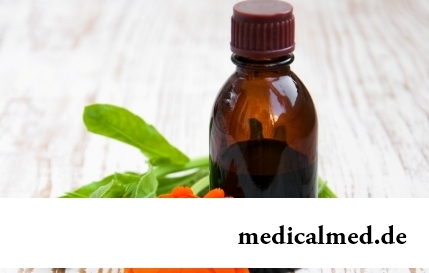
The cosmetics intended for improvement of a condition of skin, nails and hair are used by each woman. Expenses on regular acquisition of the fashionable widely advertized products of well-known companies for many become very notable and significantly to an obrema...
Section: Articles about health
Work of a brain is extremely complex and in many respects is not studied yet. It is confirmed also by the features of thought processes which are shown when the person sleeps. Let's tell about some of them....
Section: Articles about health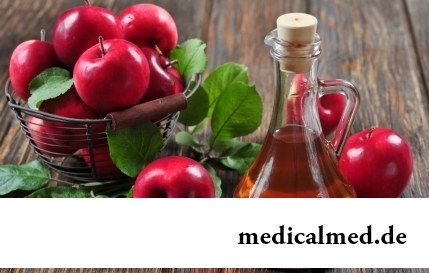
Not everyone can brag of the shining Hollywood smile. Even at the person who is regularly visiting the stomatologist and watching з...
Section: Articles about health
Subfebrile temperature call fervescence to 38 degrees, and subfebrile condition - existence of such temperature over 3 days, and quite often it happens without the visible reasons. Existence of subfebrile condition - a strong indication of disturbances in an organism which can...
Section: Articles about health
No, probably, the person who would not have cold. Cold, cough, a headache – these symptoms are known to everyone. The peak of catarrhal diseases is the share of fall. SARS already came to schools and kindergartens, flu slowly makes the way to the cities, in a word, winter close!...
Section: Articles about health
Season of activity of viral infections in the heat. Everyone can get sick, but probability of this unpleasant event it is possible and it is necessary miny...
Section: Articles about health
New year, wedding, birthday, office party – an occasion to drink at the Russian person will always be. How to reduce a negative impact of alcohol by an organism and to avoid a condition of strong intoxication? The most correct council – to refuse the use spirits напитк...
Section: Articles about health
Each person supports all life a SARS about 200 times. The peak of incidence falls on cold season, but it is possible to get sick with a temperature and a pharyngalgia, and sometimes and very possibly, even during a heat. The reasons for development of catarrhal diseases there is a set: from the weakened immunity till an excess portion of ice cream....
Section: Articles about health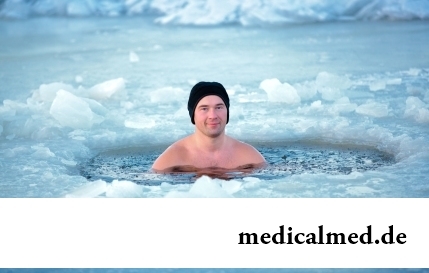
The winter swimming in open reservoirs called in our country by "winter swimming" – officially recognized sport and one of the ek...
Section: Articles about health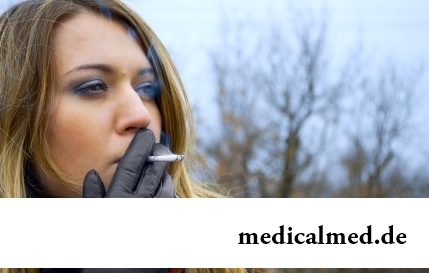
Dark circles (bruises) under eyes – a shortcoming with most of which often fight against the help of cosmetics (proofreaders, saloon procedures and so forth), eliminating only its visibility. However, according to doctors, skin around eyes – the indicator of many disturbances in an organism...
Section: Articles about health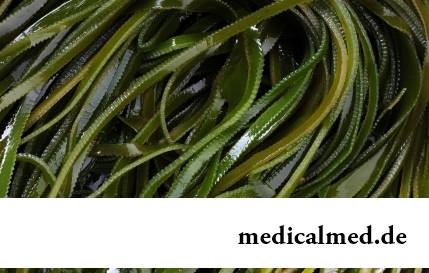
For residents of the countries of Southeast Asia various algas are an obligatory component of a daily diet. Their popularity is connected not only with high tastes, but also with numerous curative properties. Russians are a little familiar with products such that is distressing: algas are so useful that they should be eaten as often as possible. Let's get acquainted closer with useful properties of this seafood....
Section: Articles about health
One of the major chemical processes happening in a human body are oxidation reactions. They go with participation of fats...
Section: Articles about health
An eye of the person daily experiences considerable strain. The problem of preservation of sight is for many years directly connected with a question of supply of tissues of eye enough oxygen and nutrients. This task is carried out by small vessels – capillaries. For holes...
Section: Articles about health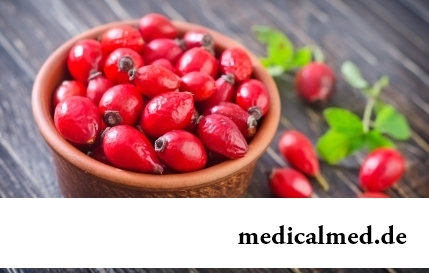
Tea is loved and use almost everything. This drink has tonic properties, contains the tannins capable to suppress activity of causative organisms. Recently great popularity was gained by teas with vegetable additives. The medicative herbs, spices and fruit which are a part of such mixes enrich drink with vitamins and microelements, increasing its nutritional value and creating additional curative effect....
Section: Articles about health
Cellulitis - very widespread cosmetic shortcoming which arises approximately at 80% of women sooner or later. Emergence ег...
Section: Articles about health
Since the moment when the child becomes a school student, his sight begins to be exposed to the strengthened loadings which are supplemented with viewing of animated films and long computer games. During this period of life of the child development not completely created bodies to a zra...
Section: Articles about health
Sugar - the digestible refined product which is not of special value for an organism of the modern person. The use of sugar in food is based rather on the psychological dependence caused by desire to indulge itself with something tasty, and further and the biological, caused need of an organism for glucose as a result of big emissions of insulin in blood. Such circulation of insulin and glucose with continuous increase in portions of sugar is rather offensive and can become the reason for a narusha...
Section: Articles about health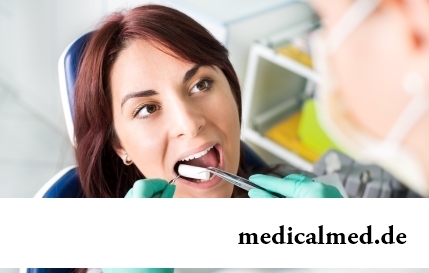
Condition of lips (their morbidity, outward) – one of indicators of health of the person. Peeling, dryness, pallor, and also трещ...
Section: Articles about health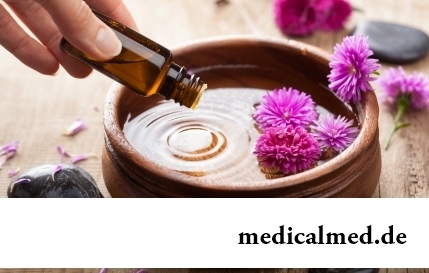
All diseases from nerves – in this joke a big element of truth, are said by doctors. Constant stresses lead to decrease in protective forces of an organism, and it becomes vulnerable for a set of diseases. It is wrong to think that the stress is a problem of the present. Life of people and hundred...
Section: Articles about health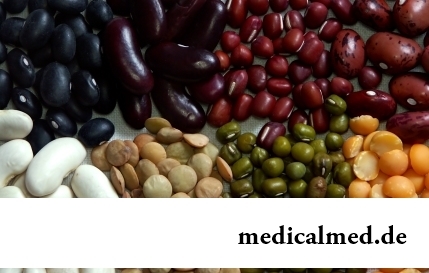
Ability of an organism to resist to adverse environmental factors (to impact of temperature drops, humidity and pressure, to the attacks of causative organisms, etc.) directly depends on what the person eats. Business here not only in that cells of a body received a necessary set of nutrients, vitamins and microelements. Scientists established that such components which are capable to influence negatively immune system, in connection with also are a part of foodstuff...
Section: Articles about health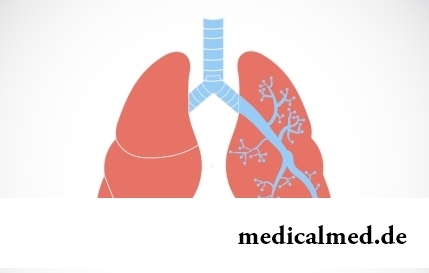
They say that to ensure health and longevity of people it is obliged. Really, at competent approach to these questions, we will pass...
Section: Articles about health
To look healthy and means well-groomed not only to be pleasant to people around, but also to feel strong, sure and taken place. Specialists in the field of cosmetology quite often note that whether not all women are able to look after skin...
Section: Articles about health
Separate food - the system of meal based on digestion physiology which is carried to improvement methods. According to nutritionists, the separate use of the carbohydrate and proteinaceous products demanding different conditions of assimilation helps to get rid of diseases of digestive tract and serves as prophylactic from a diabetes mellitus, arthritis, food allergies, cholelithiasis and many other frustration. The essence of salutary effect of a method consists in most Kacha...
Section: Articles about health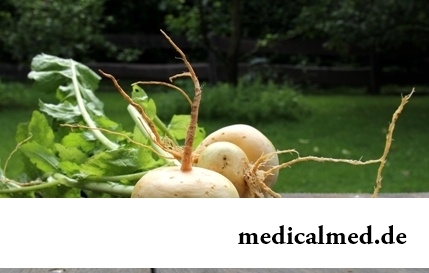
Turnip, radish, horse-radish – once these and other products enjoyed wide popularity at our ancestors, being not only food, N...
Section: Articles about health
Neurosis is called pathology of a nervous system at which deviations in functioning of the highest nervous processes are observed. Most often - owing to yet not strengthened mentality - children are subject to neurosises. Premises to emergence of such disturbances can become нез...
Section: Articles about health
All of us, unfortunately, should face flu nearly an every year. It would seem, so frequent disease has to be studied already up and down, and each person, at least once to them had (and the number of such people in our country aims at 100%), has to know the basic rules of its treatment. However as shows experience of doctors, there is no it, and often people, self-confidently thinking what is known as it is necessary to be treated, make mistakes....
Section: Articles about health
